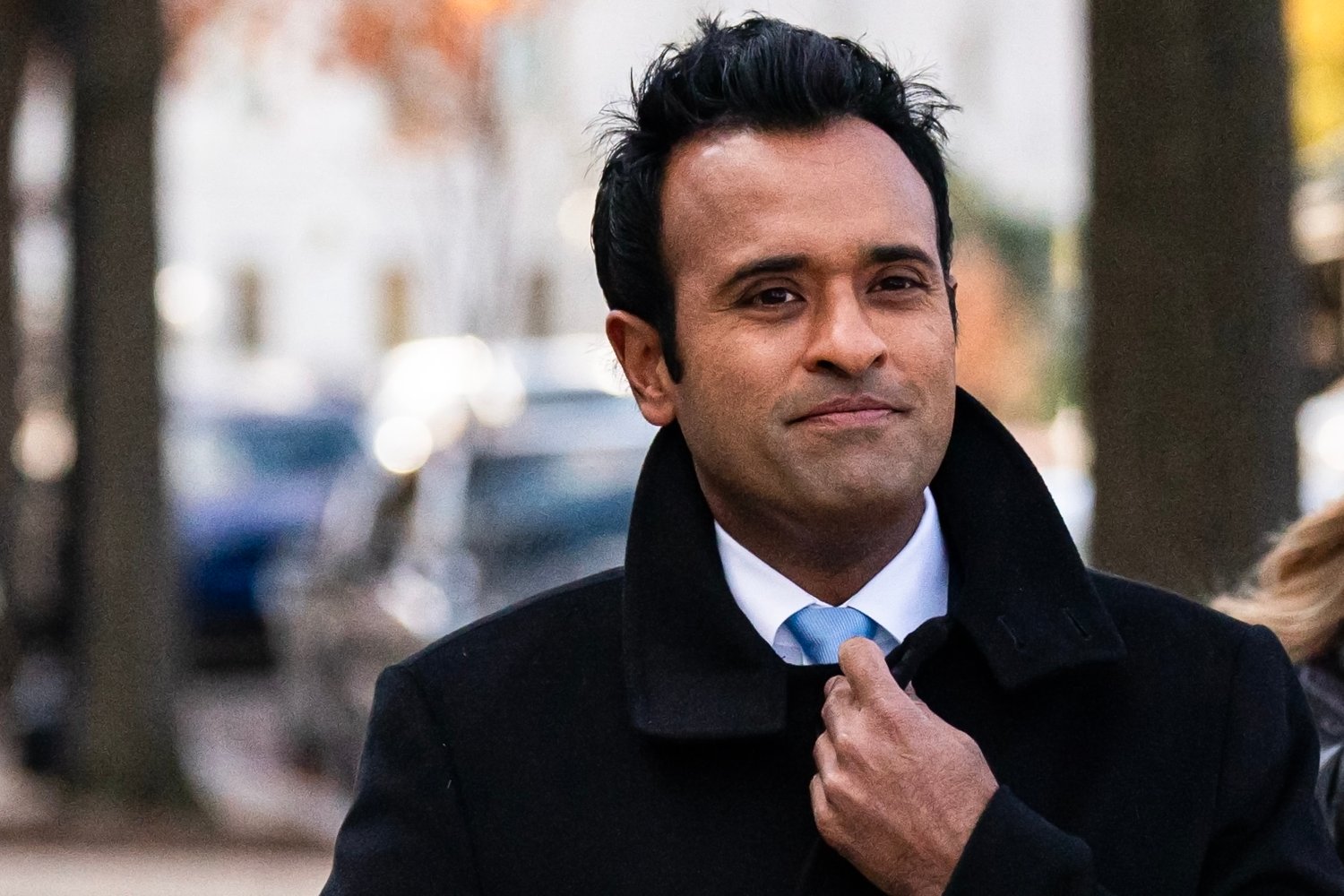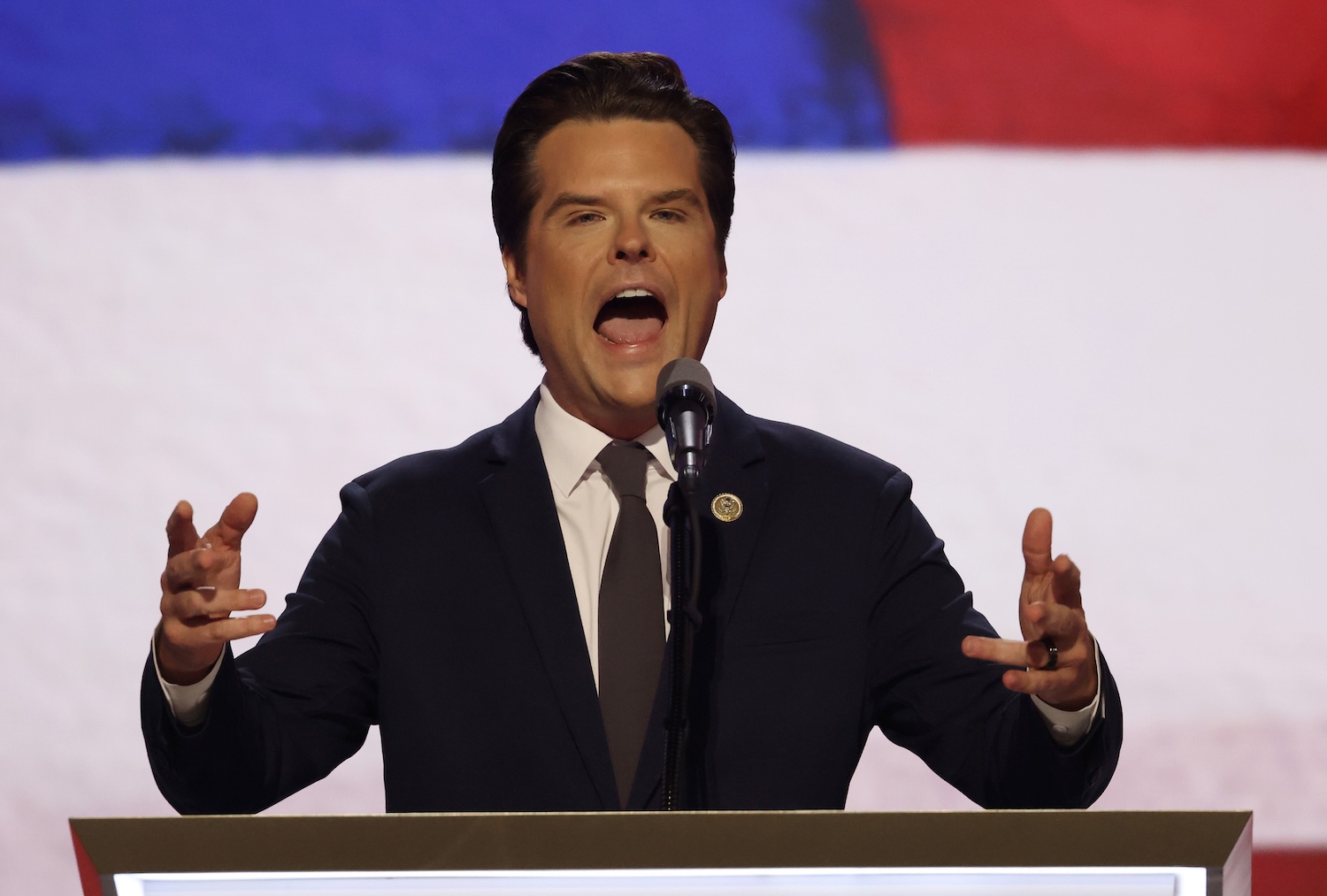A US federal judge handed the censorship-obsessed wing of the Republican party a major win on Tuesday by blocking Biden officials from contacting social media firms to suggest content moderation takedown requests. The preliminary injunction, delivered by way of a 155 page-ruling on Independence Day, marks the most significant policy outcome to date stemming largely from the right-wing backlash to the so-called Twitter Files and other half-baked theories accusing deep state boogeymen of illegally colluding with Big Tech to silence conservative speech.
Still, warranted or not, experts speaking with Gizmodo said the ruling could spark a wider conversation about where to draw the line between balancing the government’s ability to advocate for policy and tech firms’ freedom to comfortably host noxious speech.
“The government can use its bully pulpit to condemn speech—but what it can’t do is be an actual bully,” Vera Eidelman, senior staff attorney at the ACLU Speech, Privacy, and Technology Project told Gizmodo. “It can’t use, or threaten to use, coercive state power to stifle protected speech, including social media companies’ editorial decisions about how to moderate content that appears on their platforms.”
Judge accuses Biden of pressuring companies to suppress ‘truthful’ information
Federal Judge Terry A. Doughty sided with attorneys general from Louisiana and Missouri who sued Biden, Anthony Fauci, the DHS, and NIAID earlier this year for allegedly pressuring Meta, Twitter, and other platforms to take down “truthful information.” The supposedly suppressed content, in this case, related to Covid-19 vaccines, the China lab leak theory, Hunter Biden’s laptop story, and other controversial topics that have collectively served as essential talking points for the political right. Many of these posts contained content officials considered harmful misinformation. Doughty said the attorneys general in this case were “likely to succeed on the merits in establishing that the Government has used its power to silence the opposition.”
“This targeted suppression of conservative ideas is a perfect example of viewpoint discrimination of political speech,” Doughty said. “American citizens have the right to engage in free debate about the significant issues affecting the country.”
Now, as part of Doughty’s order, the heads of the Department of Homeland Security, the Cybersecurity and Infrastructure Security Agency (CISA) FBI Foreign Influence Task Force, and employees in those agencies will be barred from contacting or asking social media companies about posts that are supposedly protected by the First Amendment. The injunction similarly restricts government officials from “collaborating, coordinating, partnering, switchboarding, and/or jointly working with” academic groups that specialize in social media issues like the Stanford Internet Observatory and the University of Washington Center for an Informed Public.
The Stanford Internet Observatory and the Center for an Informed Public did not immediately respond to Gizmodo’s request for comment.
Tech platforms, though often on the receiving end of furious right-wing indignation, actually catch somewhat of a break in this case because the attorneys’ general suit focuses on the government’s alleged restriction of their speech. NetChoice, a tech industry group that regularly files lawsuits in support of tech platforms, supported the judge’s ruling and emphasized the importance of tech firms remaining free of government influence.
“American social media businesses have a right to editorial discretion, including content moderation free of government coercion, whatever those decisions may be,” NetChoice Vice President & General Counsel Carl Szabo told Gizmodo. “The government attempting to control what speech appears online undermines this right—and free speech values in the United States.”
Meta and Google did not respond to Gizmodo’s request for comment. Twitter sent us a poop emoji.
Why government officials defend the practice
Executive branch officials and agencies have maintained a process since at least 2017 when Donald Trump was president, of working with social media firms to flag content they believe violates a company’s terms of service. Officials maintain these recommendations are merely suggestions and not legal demands but the attorneys general lawsuits cite internal communications they claim prove officials made tech firms feel like they had little option but to comply. Some of those communications, for example, allegedly show Biden threatening to pursue more aggressive antitrust actions or advocate in favor of weakening tech platforms’ Section 230 liability protections if they did not moderate certain content. Biden has also used his prominent position to pressure companies publicly, even going as far as to accuse Facebook of “killing people” by allowing the spread of Covid misinformation. The president later walked that back.
The White House did not immediately respond to Gizmodo’s request for comment but a Biden official reportedly defended the government’s outreach to tech platforms in a statement sent to The Washington Post.
“Our consistent view remains that social media platforms have a critical responsibility to take account of the effects their platforms are having on the American people, but make independent choices about the information they present,” the unnamed official said.
Civil liberties organizations responding to Doughty’s ruling weren’t entirely convinced the Biden administration’s pressure campaign amounted to an actual violation of tech platforms’ First Amendment right. In a statement sent to Gizmodo, Knight First Amendment Institute Executive Director Jameel Jaffer said the ruling, while “certainly too broad,” still raises important questions regarding where to draw the line between the government’s ability to govern and a platforms’ ability to comfortably host a diverse range or speech.
“It surely can’t be a violation of the First Amendment for the government to call out a newspaper for publishing a story the government believes to be false,” Jaffer said. “On the other hand, we don’t want the government to be able to escape the First Amendment’s prohibition against censorship simply by relying on informal coercion rather than formal regulation.”
Eidelman told Gizmodo that Biden or any other officials are really in their right to use their “bully pulpit: to advocate for specific policy goals.” Things get dicey though when officials use coercive state power to stifle protected speech.
“It’s not clear,” Eidelman said, “that simply asking about the existence or availability of content that the government doesn’t like, or what companies are doing to offer or minimize access to it, crosses that line.”
Republican lawmakers have latched onto the issue of government collusion with tech companies as a major policy position in 2023. Lawmakers have already held numerous, mostly useless public hearings on the issue and even formed a new investigative panel called the Select Subcommittee on the Weaponization of the Federal Government. The Republican-controlled House of Representatives has actually already even passed ill-constructed legislation banning federal government employees from “advocating for censorship.” That bill, like many others likely to follow in that category, is doomed in a Democratically controlled Senate.














